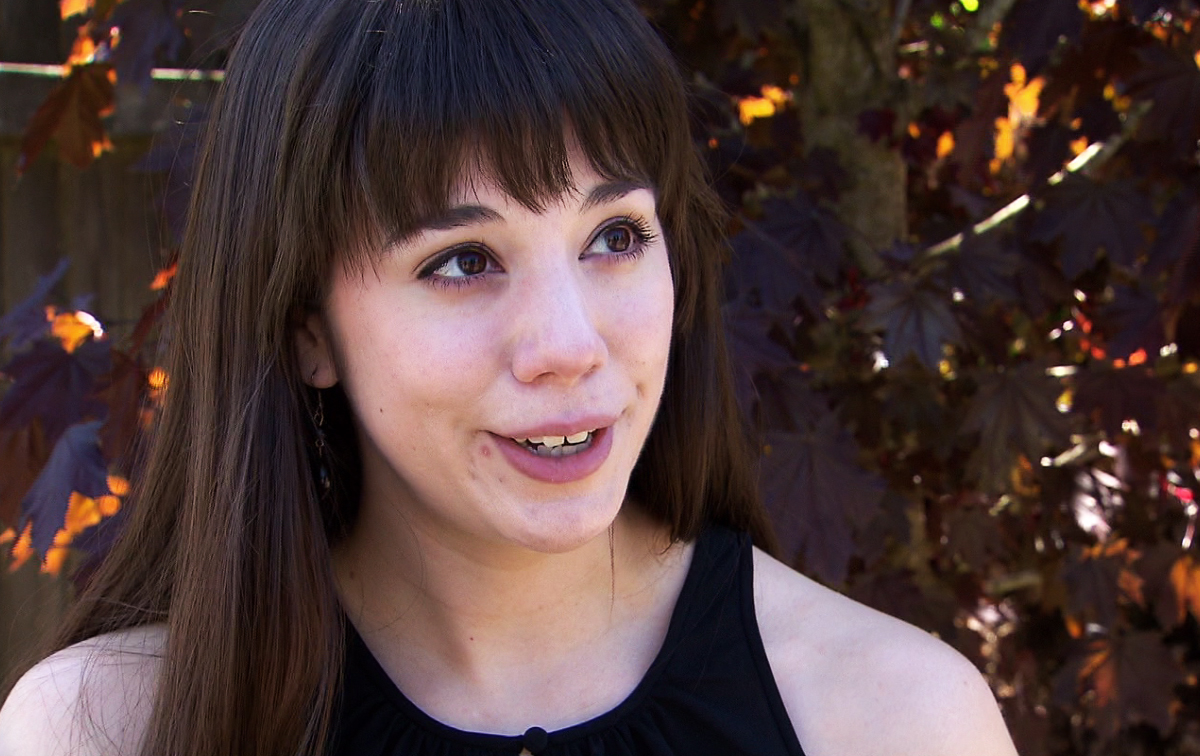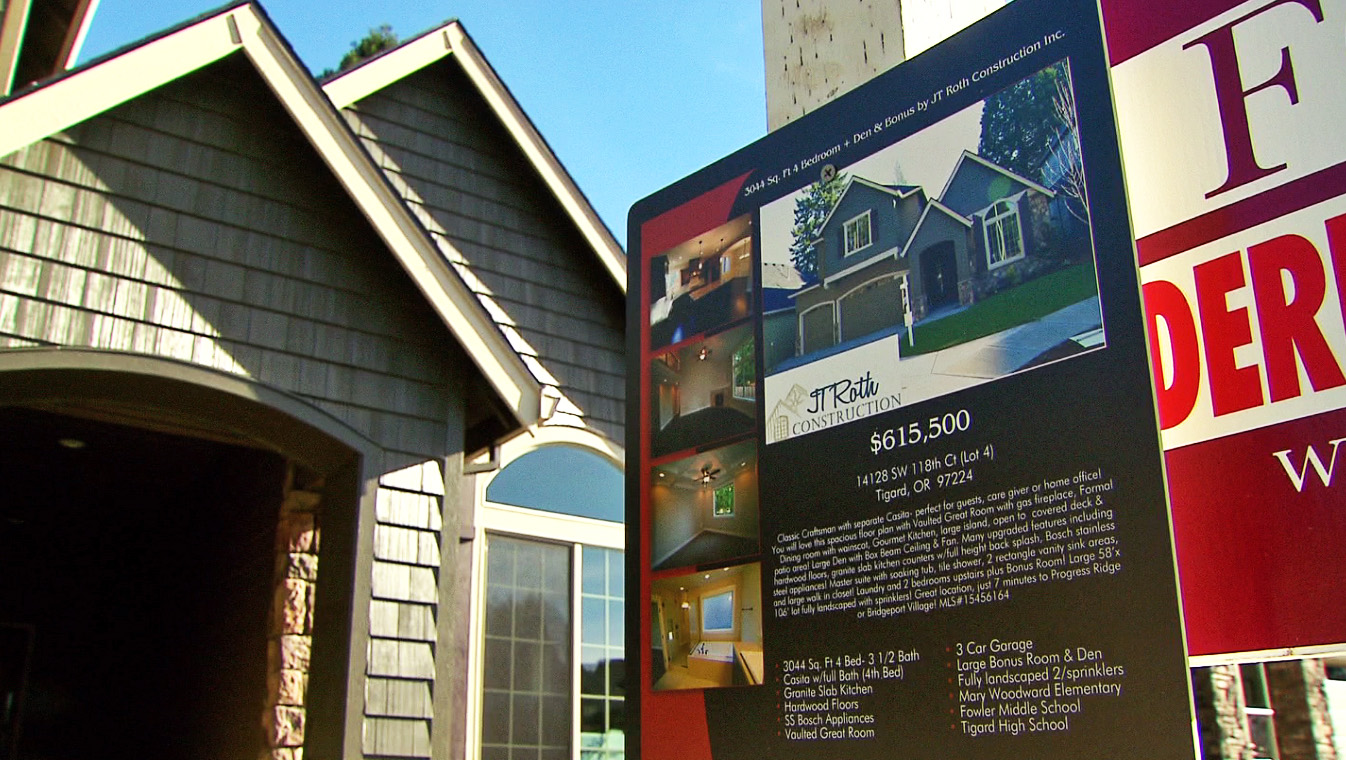PORTLAND, Ore. (KOIN) — With skyrocketing home prices, high demand and low supply, there’s no denying Portland is experiencing a housing crisis.
As the city grows in popularity and size, prospective homebuyers are feeling the brunt of the pain.
Samantha Gladu moved to Portland from Colorado 8 years ago. She and her husband decided to buy their first home earlier this year.
But it hasn’t been an easy road. Today, they’re still looking for the perfect one.
“This house is so amazing,” Gladu said as she toured a 1920s bungalow in the Montavilla neighborhood. “I love the colors and the trim. That’s a really special detail.”
Unfortunately, she wasn’t the only interested buyer who loved the house.

“We’ve had houses that we put in an offer and there are 24 other offers,” Gladu said. “Things are going for about $30,000 over.”
The median home value in Portland is $360,000, according to Zillow. That number grew nearly 20% over the past year and is predicted to go up more than 5% by 2017.
With higher prices comes the prospect of an inflating housing bubble.
Still, home prices in Portland are cheaper than other popular west coast cities. That’s why Krista Juracek and her husband want to move to Portland from the Bay area.
“The houses are there, we’ve seen them,” Juracek said. “But by the time we get there, even 2-3 days later, they’ve either accepted offers or are pending multiple offers.”
And they aren’t alone. It’s the same story for transplants and natives all over the city.
“In the last 6 years, [Portland] has grown substantially,” realtor and blogger Peter Park told KOIN 6 News. “I don’t think there’s going to be a slow down anytime soon.”
Portland’s housing market changed substantially thanks to the local economy, the growing technology sector and the city’s desirability level, Park explained.

He says the demand for housing skyrocketed after the recession because of cash investors and record-low interest rates.
“The question is whether the Portland market does provide that value for the correct price range offered for its housing market,” Park said. “I think for the most part, yes.”
Park doesn’t believe Portland is in a housing bubble, at least not yet.
He says it’s important to understand how different a housing bubble burst would be today when compared with what happened in 2008. Back then, Park says, the demand for housing jumped due to loose lending standards.
That’s ultimately what led to a financial meltdown.
Today’s housing demand is comparable to what it was pre-2008, with many investors jumping in. But the big difference is, market lending standards are much stricter.
Most economists agree Portland isn’t in a housing bubble right now. They theorize that low supply has to do with the building industry’s struggle to meet demand.

Park says an influx in families moving to Oregon is what’s behind higher home prices, especially because many of them have higher income levels to begin with.
But no matter what may be causing the rise in prices, it isn’t stopping locals and out-of-towners who have their sights set on becoming homeowners in Portland.
Some who are determined to stay in Portland are moving to areas outside of the city center, like certain neighborhoods east of 82nd Avenue and into North Portland.
“I want to stay in my neighborhood,” Gladu said. “[But] those houses are going for half a million plus, so we are looking further out.”
The Montavilla bungalow Gladu was interested in sold for $224,000 a year ago. Now, it’s worth over $100,000 more. But she and her husband say it’s worth it.
“A lot of those neighborhoods… are actually great and they are being revitalized,” Park said. “Neighborhood associations are making sure neighborhoods stay safe.”
Renters are also feeling the pinch in Portland. Apartment rental prices jumped 14% just between February and March. Experts say there are no signs it’s slowing down.